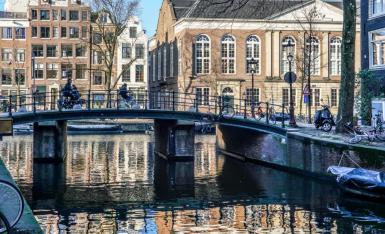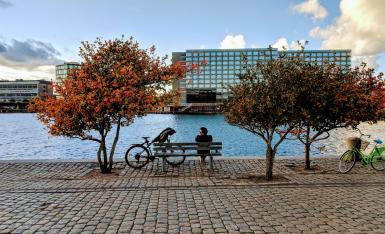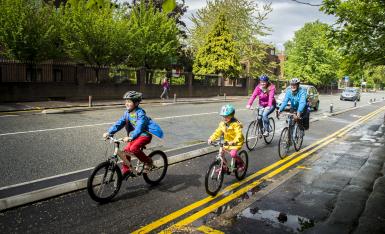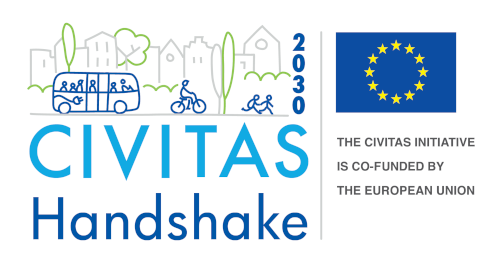Modelling and Assessment
Testing Campaigns
Even with deep thought and research, it is not always possible to foresee how users will react to campaign initiatives. Sometimes campaigns have fallen flat or in the worst cases have backfired and needed to be withdrawn. Messaging is particularly difficult with cycling, as people with conflicting viewpoints may be ready to be loudly outspoken to criticise or pick holes in campaigns. Some cyclists themselves are also sceptical of the value of campaigns and would prefer attention being directed at infrastructure only. Getting users - both existing cyclists and sceptical car drivers - involved in the design of campaigns can help foresee such reactions.
Involving target audiences at an early stage
Messaging or approaches can be refined or changed, or the methods to broadcast them can be refined and made more effective. This increases the resonance with target audiences. Cities in Handshake will look at how information and campaigns on topics such as wayfinding, games, and cycle parking can be improved through greater user input on prototypes prior to their launch.
Cities using this solution

Leader: Amsterdam
The city wants to influence cycling behaviour to ease stress levels and make cycling more comfortable. A growing number of cyclists in Amsterdam indicate that they experience stress while cycling in rush hour, because of crowds on bicycle paths aand misbehaviour of other cyclists. Amsterdam wants to introduce new campaigns "The new way of cycling" that diminish stress levels and create a safer feeling. Assessment of campaigns is needed to understand effectivity and possibly modify campaigns.

Leader: Copenhagen
Service solutions for cyclists in the form of campaigns, way-finding through signs and online route planners, and specialized bike parking racks all help to make cycling more intuitive and attractive. Copenhagen has experience with involving users directly in the design of prototypes for service solutions. By engaging with end users already in the first development of new concepts and ideas, and test these prototypes in the user’s context, it is possible to accelerate innovation, avoid misinterpretation and failed investments, and ensure added value in the end.

Follower: Greater Manchester
The city is very interested in influencing behavioural change via credit/debit, reward/fine systems and gamification to encourage more people to cycle. Also, as part of Cityverve they are keen to continue to set Open Innovation calls on cycle challenges.
